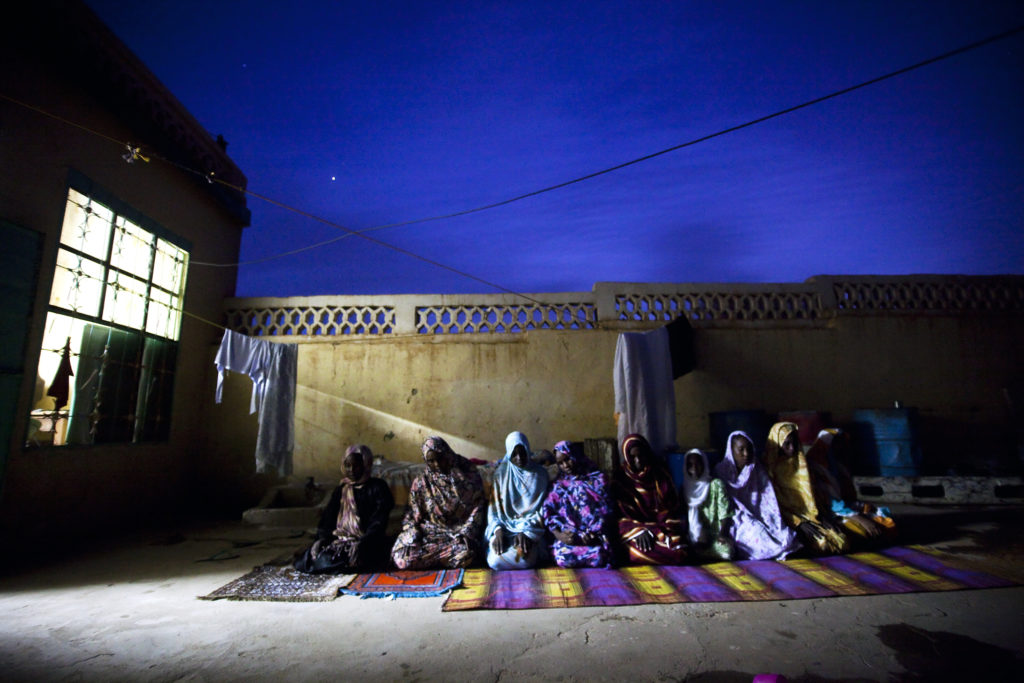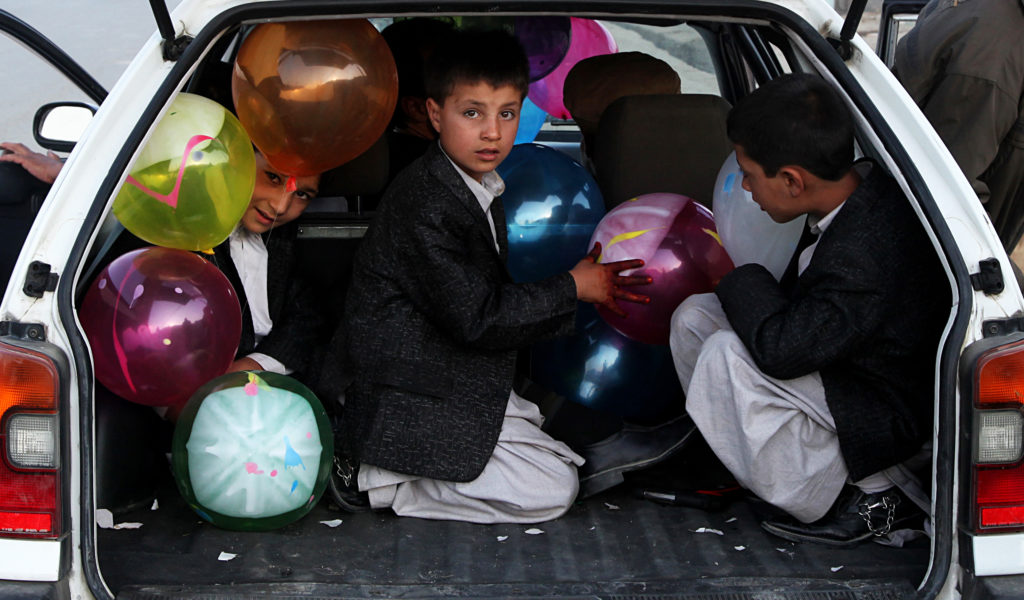Ramadan Mubarak

I would like to take this opportunity to wish everyone, especially my Muslim colleagues, a Ramadan Mubarak. In these times I think it is good to reflect not only on Ramadan, a period of spiritual re-dedication and renewal for the estimated 1.9 billion Muslims worldwide, but also on the religion of Islam itself.
In the above photo we see a group of Sudanese women preparing for prayers during Ramadan in North Darfur.
I would be quite surprised if many non-Muslims have read the Qu’ran, which sets out the tenets of Islam. Likewise, I would be equally surprised if many of you have read the Bible, which sets out the basic tenets of Christianity. I confess that I am guilty of not having read either in any great detail, but I have lived closely and for extended periods with people who practice each of these religions and I must say I feel equally at ease, inspired, and fascinated by both.
From my personal experience travelling and living through the Middle East, Afghanistan, Pakistan and Northern and Eastern Africa I know that most Muslims simply do not agree with the violent extremist interpretations that have hijacked their religion. These relatively small sects of extreme radical groups such as Al Qaeda, Boko Haram, Al Shabab and the Taliban have succeeded in growing their following by preaching a twisted interpretation of the Qu’ran to marginalised (and often poorly educated) groups or individuals, many of whom are left vulnerable after a violent regional conflict.
The true Muslim faith, much like the Christian faith, is inherently about peace, not hate. In fact, Islam is derived from the word “salam” or “peace” and literally means “submission to the will of God”. As with any religion based on ancient texts, or which rely on historic anecdotes passed through story and time, there will always be side channels of how these holy words are interpreted and understood. Even Christianity has its extremes, some as out growths within the main stream to smaller, radical sects like The Army of God or the Branch Davidians.
Some Muslims might not be consistent in practising their religion from day-to-day (much like many Christians, Jews or Buddhists), but each year during the holy month of Ramadan all Muslims are called upon to practice “sawm” or “fasting during daylight hours” – one of the five pillars of Islam. These five pillars are listed below:
- Profession of Faith – shahada
- Prayer five times a day – salat
- Giving of alms to the needy – zakat
- Fasting during daylight hours – sawm
- Performing pilgrimage at least once during your life – hajj

(c) UN Photo / Fardin Waezi
The month of Ramadan is set by the lunar cycle and lasts for 30 days. In the picture above, children in Kabul prepare to visit family to celebrate Eid al-Fitr or the “Festival of Breaking Fast” which marks the end of the Ramadan period.
I have strayed from the original reason for writing this blog, to remind you of a previous piece I posted on one memorable Ramadan I spent in Kabul, Afghanistan. I think it is worth reading again, so I’ll add a link to that entry here.